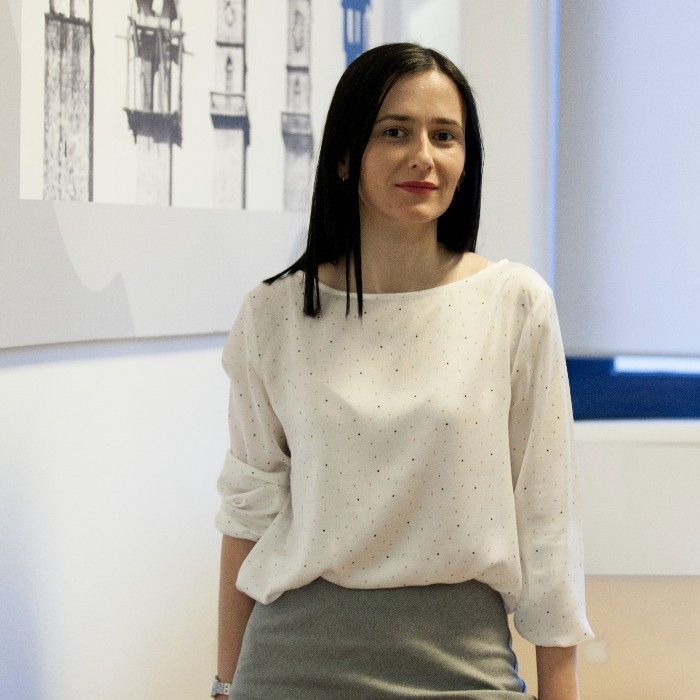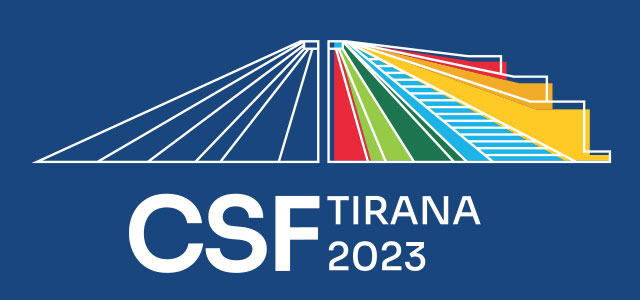Leveraging Mobility to Unlock the Western Balkans' Potential

The Western Balkans (WB6), a region steeped in history, culture, and untapped potential, has witnessed a significant exodus of its population over the last few decades. As a region, we have grappled with a myriad of pull and push factors that have driven this wave of emigration, from economic instability to the search for better opportunities. This outward migration has profound implications for both the region's internal dynamics and its relationship with the European Union (EU).
Yet, migration and mobility should not be viewed solely as challenges to overcome but also as opportunities ripe for exploitation. These phenomena, if properly managed and capitalized upon, have the potential to drive regional development, innovation, and integration into the EU.
The Common Regional Market agreements, instruments designed to foster regional mobility, are a testament to the growing recognition of this potential. However, the path to fully inclusive regional mobility is not without its roadblocks. Despite these agreements, bureaucratic hurdles, insufficient funding, and a lack of targeted programs continue to curtail the free flow of people, ideas, and innovation within the WB6. The Thematic Working Group (TWG) on "Advancing Inclusive Regional Mobility and Catalyzing Mobility-Driven Innovation and Knowledge Transfer in Western Balkans" led by SCiDEV aims to propose evidence-based recommendations to transform this potential into reality. The objective is not merely to enable free flow of people, ideas, and innovation within the Western Balkans but to utilize mobility as a vehicle of knowledge transfer, economic growth, and cultural exchange. This is an opportunity to redefine the narrative of mobility - to turn a brain drain into a brain gain.
The WB6 region faces challenges in mobility-driven innovation and knowledge transfer. Currently, collaboration among innovation infrastructures, universities, and research institutions is not systemic or sustainable enough to effectively catalyze innovation or establish a resilient innovation ecosystem.To boost regional competitiveness and align with EU standards, we must promote entrepreneurial networks, interdisciplinary cooperation, and efficient technology transfers.
Consultation meetings of the mobility TWG with stakeholders from the Western Balkans and the EU yielded valuable insights. Among the central recommendations were the introduction of sustainable funding schemes and the establishment of mechanisms to ensure the proper allocation, tracking, and monitoring of these funds. This financial backing is vital for fostering growth, particularly through mobility schemes and diversified programs for young researchers.
Promoting access to, and sharing of information was another key recommendation, with a call for the establishment of regional research platforms. These platforms can spur collaboration, fostering an environment ripe for the exchange of ideas and the creation of innovative solutions.
Capacity development, especially through 'learning by doing' approaches, was highlighted as crucial. Investments in Vocational Education and Training qualifications, internships, and professional exchanges can greatly aid this.
Engagement of the diaspora and attracting new talent was recognized as a significant opportunity. Their involvement can enrich the region with new ideas and perspectives, thus tapping into an untapped potential.
Stakeholders underscored the need for private sector involvement and collaborations with academia and businesses. They also emphasized the importance of digital and gender inclusion programs to ensure equitable access to opportunities.
Finally, empowering Civil Society Organizations and media was seen as key to promoting transparency and building trust considering democratic backsliding in the region.
Moving forward, optimizing research and innovation infrastructures and fostering an inclusive research environment is paramount. By promoting cooperation among academia, the private sector, and businesses, we can foster trust among stakeholders and ensure quality.
Overcoming barriers in technology and knowledge transfer is equally important. Policymakers must be encouraged to back initiatives that foster collaboration, while also ensuring they align with regional economic priorities.
Addressing the brain drain requires building trust with the diaspora and setting clear, measurable objectives to facilitate knowledge transfer and collaboration. Local resources, particularly human capital, play a crucial role in this endeavor.
By leveraging mobility, we have an unprecedented opportunity to turn the tide on brain drain and foster innovation in the Western Balkans.
About CSF 2023
The Open Society Foundations - Western Balkans (OSFWB), mandated by the Government of Albania as the current holder of the Presidency of the Berlin Process, and in collaboration with the Hellenic Foundation for European & Foreign Policy (ELIAMEP) and with the Cooperation and Development Institute (CDI), will organize this year’s Civil Society & Think Tank Forum (CSF). This event is part of the Annual Berlin Process Summit, and will take place on October 14-15th, 2023 in Tirana, Albania.
The 2023 Tirana CSF is a significant initiative that aims to create a platform for constructive and inclusive dialogue among civil society representatives, think-tankers, experts, and Governments from the Western Balkans and EU member states. By sharing best practices and developing policy recommendations, the CSF aims to foster regional cooperation, boost EU-related reforms, and support the accession process of the countries in the Western Balkans.
About the Thematic Working Group
Led by SCiDEV, this TWG focuses on exploring the potential of inclusive regional mobility, innovation through knowledge exchange, and research and development collaborations in the Western Balkans and with the EU. The members of the working group bring diverse expertise and perspectives, contributing to comprehensive research, meaningful discussions, and the development of impactful policy recommendations. Their insights will form the basis of a civil society shared advocacy agenda for the Leaders’ Summit.
